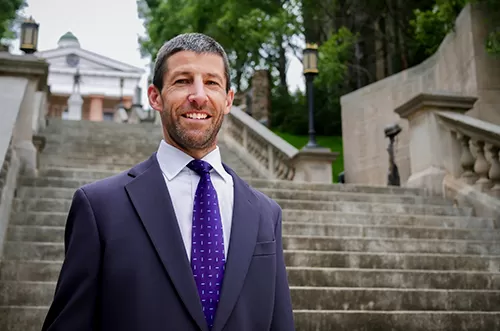Precision Pipeline, LLC v. Dominion Transmission, 2018 U.S. Dist. LEXIS 133202, 2018 WL 3744018 (E.D. Va. Aug. 7, 2018)
In 2011, Dominion Transmission, Inc. (“Dominion”), retained Precision Pipeline, LLC (“Precision”), to build a stretch of natural gas pipeline through Pennsylvania and West Virginia. During construction, Precision encountered various issues, especially undisclosed subsurface utility crossings. Precision claimed that Dominion failed to pay Precision for its additional work in light of the drastically changed the scope of the project.
Dominion had withheld $7,447,269 based on its costs to repair 55 small landslides (“slides”) that occurred after the completion of the pipeline. Dominion claimed that Precision did not correctly put soil along slopes of the pipeline, leading to the erosion of the soil upon with the pipe was supported. Dominion presented no evidence to support its claim because it failed to provide expert testimony. The testimony of Dominion employees did not qualify as expert testimony. The fact that the slopes could not resist gravity did not mean that Precisions was at fault. The court granted Precision’s motion for summary judgment on this claim.
Dominion had audited the amount Precision charged for erosion control fabric, which Precision claimed was improper as a matter of law due to the fact that Dominion had already signed off on the installation of the fabric. The court ruled that the right of inspection in Pipeline Contracts does not prevent Dominion from auditing the job to see whether a breach occurred. The court denied motion for summary judgment on this issue.
Precision asked the court to determine that Dominion could not withhold $838,058 dollars as retainage based on over-payment for “Base Lay” costs, which the contracts defined the work required for a typical section of pipeline. The court determined that set Base Lay costs did not include Special Work, which the contracts indicated to include road, railroad, wetland, river, and stream crossings. The prices for Special Work varied based on the kind of work involved. The court denied summary judgment to Precision on this claim for Base Lay costs based on the estimated total length of the pipeline and the Base Lay distance.
The court refused to enter summary judgment in favor of Precision concerning the amount of the retainage due to the fact that the Retainage section of the Pipeline Contracts did not have a dispute resolution mechanism but provided that Precision may invoice Dominion for the retainage amount once the parties have settled all of their counts. Because that accounts were clearly not settled in this case, summary judgment would be premature.
In its motion, Dominion argued that the written contract precluded quasi-contract claims under Virginia law. Precision’s counter argument was that Dominion’s description of the pipeline work differed so dramatically from what it actually was that Precision’s work fell outside the scope of the contract. The court concluded that the determination of these issues required factual analysis which could only occur in the context of a trial. These claims were not time-barred due to tolling during mediation by the parties.
The court further determined that Precision was not barred by collateral estoppel from arguing that it relied on alignment drawings in calculating its bid under Pennsylvania law, because the reliance element had not been central to the Third Circuit’s decision in a related case involving Precision.




